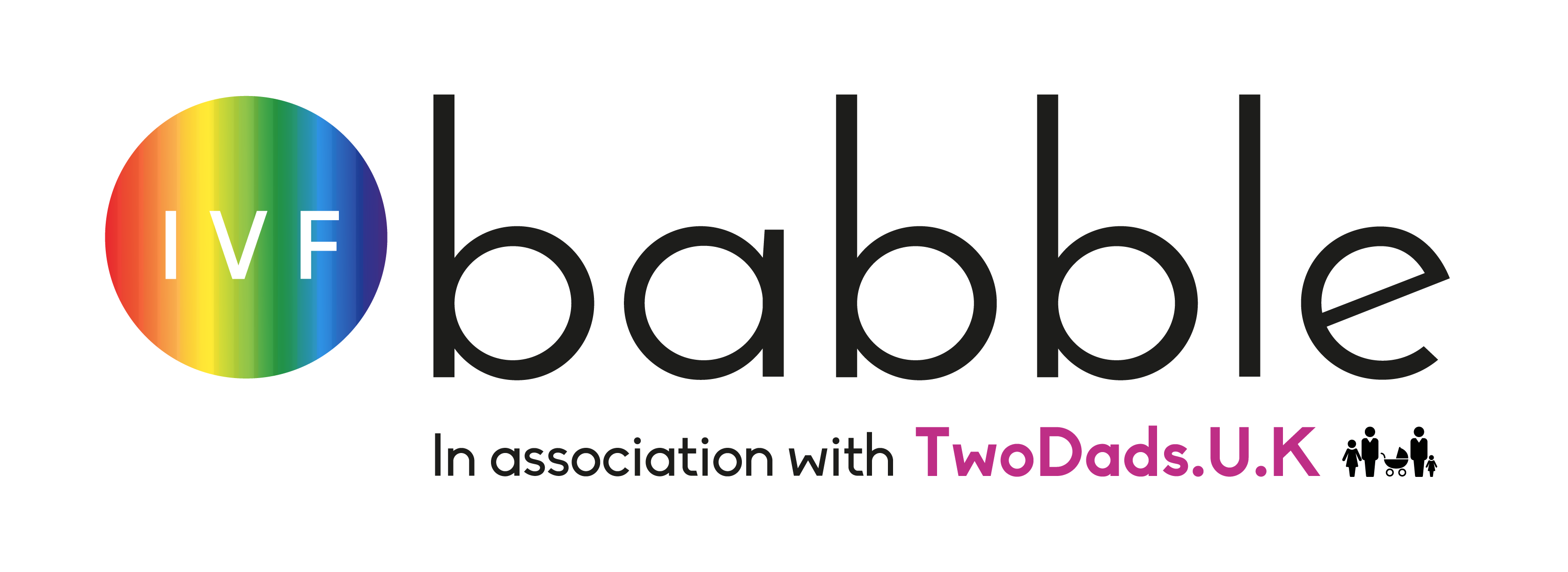While the UK grapples with surrogacy reform, many couples continue to create families in destinations as diverse as Greece, the US, Ukraine, Cyprus and Czech Republic
Last year, many shared their journeys at Growing Families seminars held throughout Europe – some shared were their experiences in countries which still class surrogacy as illegal.
Many of the UK’s laws on surrogacy date from the 1980s, formulated as a knee jerk reaction to the ogre of paid surrogacy which was emerging at the time in the US. UK mum Kim Cotton’s story of being a commercial surrogate for anonymous intended parents sparked these knee jerk laws. (Ironically, Kim Cotton went on to lead a UK non-profit committed to supporting altruistic surrogates) But experience and many thousands of surrogacy births later, UK community views have shifted.
The decades since have shown that successful surrogacy arrangements which respect the rights of surrogates, intended parents and the unborn child are very achievable
Those countries with the more workable altruistic surrogacy models (eg UK, Greece and Canada) have done so in spite of, rather than aided by law. While legislation is grossly way out of step with the reality of surrogacy, courts and lawyers have quietly acknowledged this by waving through generous expenses in recognition of the true labour involved.
Thankfully, the UK government is now taking the reform of surrogacy law seriously, investing in a far-reaching overhaul of UK and Scottish law, as it relates to all aspects of surrogacy. It will mean changes to a range of legislation and while it will not happen overnight, it is a clear signal that lawmakers recognise the need to streamline access to this vital means of building family.
Only a handful of nations (Ukraine, Georgia, USA & Russia) have laws which allow compensated surrogacy as well as a legal transfer of parentage for foreigners
Greece and Canada allow foreigners but not compensation. The US and Canada have key advantages, given they will grant a local passport to children of foreign couples promptly, allowing new parents to return home within a fortnight.
In eastern Europe (and previously India), returning to the UK with a baby post surrogacy is in contrast a far longer process. Yet the UK has recognised that forcing their citizens to sit it out for four to six months in a foreign country with a newborn is not ideal public policy. Those wait times too are likely to be shortened as part of the current reform process.
In spite of the cost and logistical issues, increasing numbers of UK couples are engaging in Greece, the Ukraine – even Cyprus for surrogacy. The desire to create family for many outweighs the inconvenience of being away from home for many months post birth while travel documents are approved.
Dad via US surrogacy Richard Scarlett never considered the UK. He points out that ‘as (UK) surrogate agreements are not legally recognised, there is very little to reassure the surrogate that her commitment is validated or secure’.
Lack of capacity is another issue in both the UK and Canada
Richard recalls: “We first contacted a UK-based surrogacy agency, or informal matchmaker, and they informed us that due to demand outstripping supply, we would likely be in a holding pattern for around two years and not even able to register with them for at least eight months.”
So popular has Canada become with foreigners requiring surrogacy that demand for surrogates and donors has now far outstripped supply. It has led to wait times of a year or more for a suitable surrogate. The Canadian surrogacy model is consequently under enormous strain. While surrogacy providers there have lobbied for the ability to pay surrogates a wage for their labour, to date there has been no change.
Also under review in the UK reform are the long wait times to achieve parental recognition for UK couples who engage in offshore surrogacy
Currently this can ‘take nine months, multiple court visits and a mountain of paperwork’ Richard admits, and many of the criteria involved ‘are archaic, problematic and excessive’.
Under the proposed new UK model, intended parents who engage in UK surrogacy will be recognised from birth as the child’s legal parents, rather than going through a complex transfer of parentage. So there is much improvement on its way. Lawyer Natalie Gamble has been at the forefront of this reform and has spoken at Growing Families seminars in London about its progress. Visit here for more information from Natalie Gamble
In Dublin, Berlin and Stockholm, this November, surrogates, parents and experts will come together to share their lived experiences and honest insight to help prepare those considering surrogacy for a sometimes difficult pathway to family.
To find out more about the Growing Families seminars, click here







